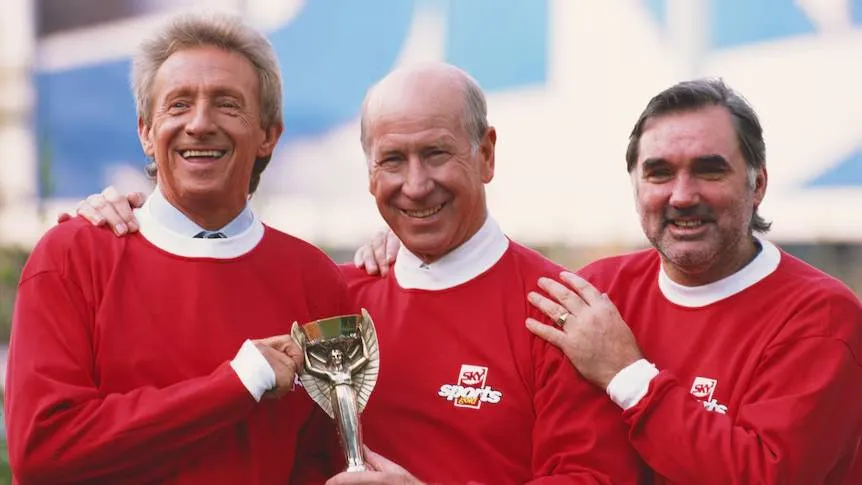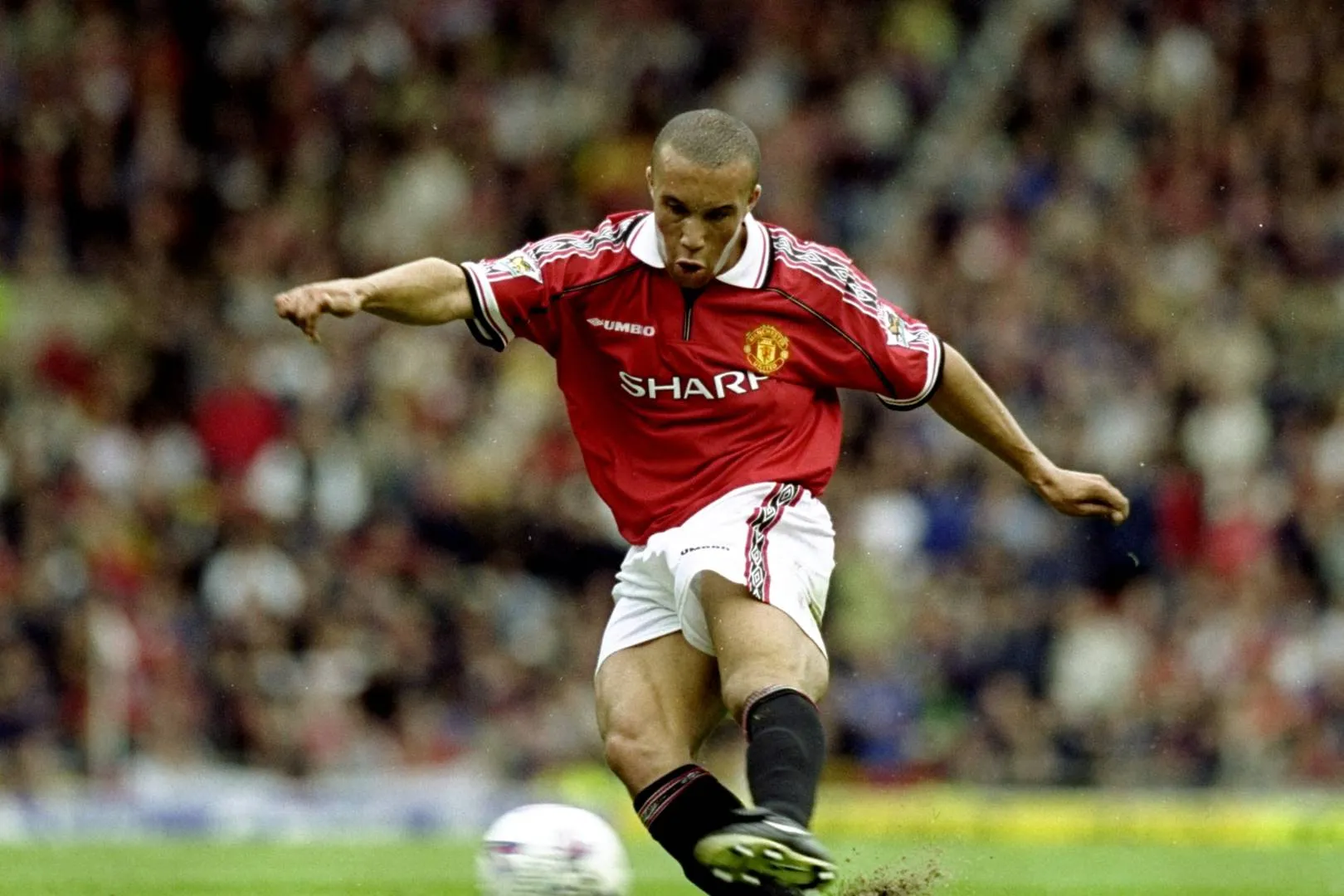Denis Law: Rise from humble beginnings to Man Utd's Holy Trinity
NewsSaturday, 18 January 2025 at 18:15

At just 15 years old, Denis Law stood on the platform at Huddersfield train station—slim, bespectacled, and so diminutive that the officials from his new football club failed to notice him in the crowd.
“You’re Law?” one finally asked in disbelief. “Really?”
Really. That unassuming boy would become a towering figure in global football—"The King," as he came to be known.
Pele once remarked he was the only British player fit to play for Brazil, while Bill Shankly called him “the quickest thinking footballer I have ever seen.”
Sir Alex Ferguson simply said, “My hero.” Denis Law has left us, but what a legacy he leaves behind. A prolific goalscorer for both Manchester United and Scotland, he was far more than just a striker.
Law was a playmaker with elegance, charisma, and courage, adored by teammates and revered by fans.
Read also
His blistering acceleration, acrobatic ability, and unerring accuracy with both feet and head made him a complete footballer. Aggressive, unselfish, and often unplayable, he combined flair with tenacity.
Law’s rise from humble beginnings is the stuff of legend. One of seven children raised in a council flat in Aberdeen, two miles from Pittodrie Stadium, he grew up watching the Dons whenever his family could afford it.
His early life wasn’t easy. Born with strabismus, a condition that left him with squint eyes and difficulty focusing, he endured teasing and nicknames like “Cockeye.”
He didn’t own his first pair of football boots until his teenage years—a moment he likened to heaven.
Despite his slight build, he was combative on the pitch, often closing one eye to focus. When he arrived at Huddersfield in the mid-1950s, his manager, Andy Beattie, famously said, “The boy’s a freak. Never did I see a less likely football prospect.”
But they saw something in him—hunger, skill, and pace. After surgery to correct his vision and under Shankly’s meticulous guidance, Law began to flourish.
By 16, he made his debut. At 18, he was Scotland’s youngest international in 60 years, scoring in his first match.
His aggressive style divided opinions, with opponents both admiring his skill and fearing his ferocity.
Read also
Law’s career included record-breaking moves: to Manchester City in 1960 for £55,000, then to Torino for £110,000.
Italy’s rigid football culture didn’t suit his free-spirited nature, and he returned to England in 1962, joining Manchester United. It was there that he truly made his mark, forming the iconic “holy trinity” alongside Bobby Charlton and George Best.
In his first season at United, Law scored 29 goals, including one in a triumphant FA Cup final. The following year, he netted 46 in 42 games, winning the Ballon d’Or.
His brilliance helped United reclaim the league title after the Munich tragedy, solidifying his status as one of football’s most revered players.
For Scotland, Law’s crowning moment came in 1967, inspiring a victory over world champions England at Wembley.
Across a 16-year international career, he scored 30 goals in 55 appearances—a record as remarkable as his passion for the game.
Injury robbed him of the chance to play in United’s 1968 European Cup victory, but his contributions to the club’s success were indelible. As the club’s fortunes waned, Law’s time at United came to an emotional end.
He returned to Manchester City, where his famous back-heel goal against United in 1974 added to his legend, though it was a bittersweet moment. Despite myths, United’s relegation that day was already sealed, but the goal still weighed heavily on him.
Law retired later that year, his body finally succumbing to the demands of a glorious career. Yet his legacy was already cemented—a pioneer, a hero, and a symbol of football’s enduring magic.
Denis Law’s story is one of extraordinary talent, resilience, and unrelenting spirit. From a council flat in Aberdeen to the pinnacle of global football, his journey will inspire generations to come.
loading
Popular News
Loading




